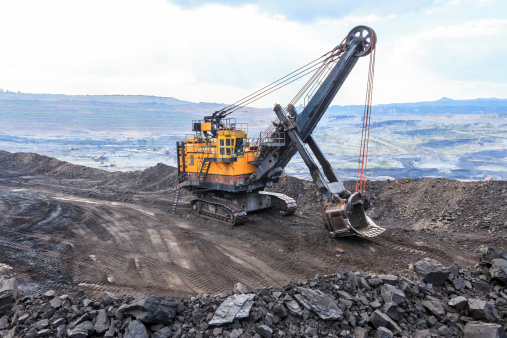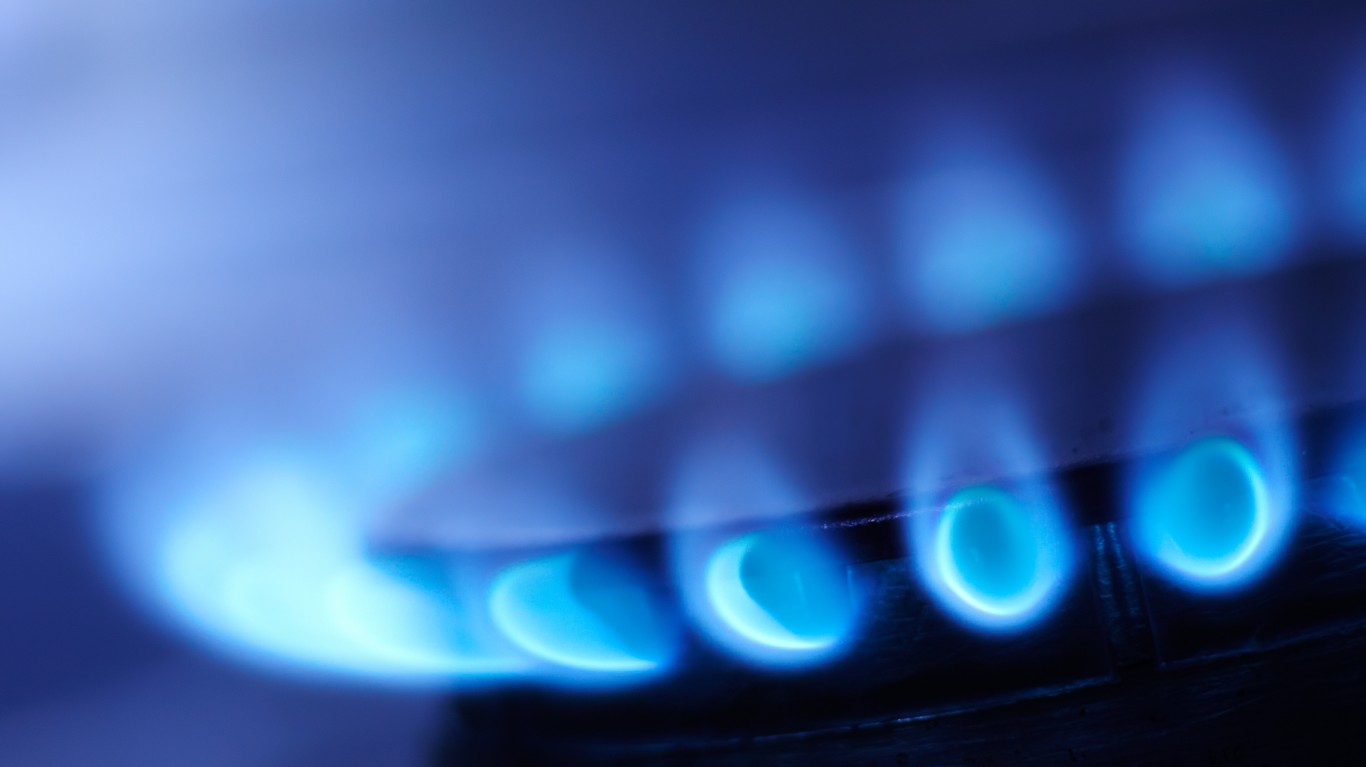Needless to say, if one industry has become the whipping boy for clean energy advocates, it is the coal industry. Coal stocks remain under pressure due to weak seaborne markets and deteriorating credit metrics. In addition, yields on unsecured debt are rising toward the 20% level, which is a sign the debt markets are not thrilled with the prospects. Given this backdrop, the analysts at UBS attempted to look forward two to three years to assess whether there will be more bankruptcies in the sector. Four stocks hit their radar screens, and in at least one case, could be out of cash by the end of 2015.
Alpha Natural Resources Inc. (NYSE: ANR) has more than $1 billion in cash and cash equivalents on the balance sheet and does not appear to be in an imminent threat of a bankruptcy filing. With debt comprising a large part of the company’s liabilities, a Chapter 11 filing may now be the best way to go in UBS’s opinion. The company may consider a debt for equity type exchange, which although dilutive, could eliminate large debt service obligations. Other out-of-bankruptcy negotiations with debt holders are also a possible solution. The Thomson/First Call price target for the stock is $5.47. The stock closed Tuesday at $3.69 a share.
ALSO READ: Deutsche Bank Says Six Top Tech Stocks Could Dominate Internet of Things
Arch Coal Inc. (NYSE: ACI) is another troubled company that also has solid cash and cash equivalents on the balance sheet. The UBS team sees the situation at Arch akin to how things stack up for Alpha Natural. With the Mercury and Air Toxics Standards set to take effect in April 2015, many companies are retiring coal-fired plants at an increasing rate. This is yet another headwind facing the industry. Investors are paid a small 1.1% dividend. The consensus price target for the stock is $4.36. Arch Coal closed Tuesday at $3.73.
Peabody Energy Corp. (NYSE: BTU) is a company that UBS thinks is a good candidate to recapitalize its balance sheet. With elevated debt, a recap could bring down levels substantially. The analysts also think that would give Peabody flexibility to weather a prolonged downturn in the seaborne coal markets while providing an opportunity to get back to normal leverage metrics as markets recover. Investors are paid a 2% dividend. The consensus price target is $21.82. Peabody closed Tuesday at $17.17.
ALSO READ: Five Momentum Stocks That Could Be Hot Summer Trades
Walter Energy Inc. (NYSE: WLT) could be the company that is in the toughest position from a cash standpoint. With only $430 million in cash, the UBS team thinks that the company could run out of working capital by the end of 2015. Like the other companies with high debt comprising the bulk of the liabilities, Walter may struggle in a Chapter 11. Despite those issues, companies with a larger amount of secured debt, like Walter, may be more inclined to go through a Chapter 11 process in anticipation of higher recoveries. Either way, the picture is bleak at this time. The company pays a 0.7% dividend. The consensus price target is $8.75. Walter Energy closed Tuesday at $5.51.
While aggressive traders like to jump in and out of the coal names, the bottom line is the domestic business for the sector is ugly. Exports to countries dependent on coal with fewer environmental restrictions is really the only hope for future growth. While it is rare for entire industries to become totally extinct, it has happened before. With utilities in the United States going to natural gas and solar, it could happen here at a minimum.
Is Your Money Earning the Best Possible Rate? (Sponsor)
Let’s face it: If your money is just sitting in a checking account, you’re losing value every single day. With most checking accounts offering little to no interest, the cash you worked so hard to save is gradually being eroded by inflation.
However, by moving that money into a high-yield savings account, you can put your cash to work, growing steadily with little to no effort on your part. In just a few clicks, you can set up a high-yield savings account and start earning interest immediately.
There are plenty of reputable banks and online platforms that offer competitive rates, and many of them come with zero fees and no minimum balance requirements. Click here to see if you’re earning the best possible rate on your money!
Thank you for reading! Have some feedback for us?
Contact the 24/7 Wall St. editorial team.



